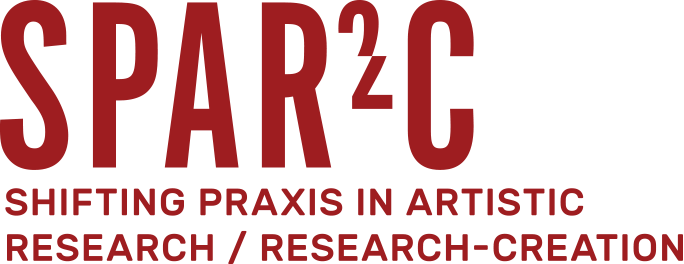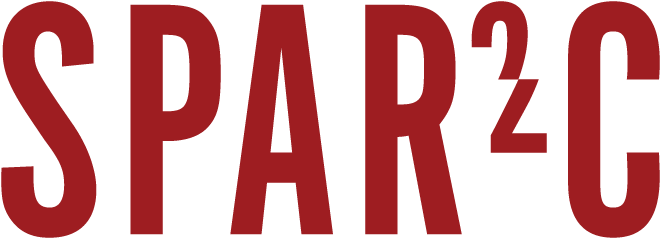Q & A with the CoLAB’s 2022 Fulbright Scholar — Rachel Epp Buller
Dr. Rachel Epp Buller (she/her) is a Fulbright Canada Research Chair in Arts and Humanities at the University of Alberta for the Spring 2022 semester, on leave from her position as Professor of Visual Arts and Design, Director of the Regier Art Gallery, and Chair of the Faculty, at Bethel College (KS/US). She is a feminist art historian, a visual artist, and a mother of three. These intersecting roles are addressed in some of her scholarship, including her books Reconciling Art and Mothering (2012) and Inappropriate Bodies: Art, Design, and Maternity (2019), edited with Charles Reeve. She is a certified practitioner in Deep Listening, and her current research-creation project is an inquiry into listening as artistic practice.
Sound Studies Institute Lecture Series
“Winter Walking and Other Scores:
Listening as Artistic Practice.”
Dr. Rachel Epp Buller
March 23, 2022
7:00–8:00 pm MST
Streamed via the Sound Studies Website
Do you have specific plans or projects you would like to work on while you are at the University of Alberta?
Yes! My research and research-creation projects are focused on listening as artistic practice. I’m currently working on a book proposal, tentatively titled Acts of Listening: Art and Relational Attunement. I’m pursuing a series of daily practices during my stay, including several kinds of daily drawing, walking, writing, and reading. I’ve begun working in the print studio on a series of letterpress prints, which I’m very excited about since it’s not a medium I have access to at home. And I’m in the early stages of thinking about a sound piece. Speaking of which, I’ll be giving a talk for the Sound Studies Institute lecture series on March 23, on “Winter Walking and Other Scores: Listening as Artistic Practice.” The talk starts at 7pm and will be streamed via the Sound Studies Website.
How has the pandemic affected your practice over the course of the last two years? Has your practice had to pivot, shift, or change?
Looking back on my own practice, I think I’ve had a history of adapting to particular sets of constraints. I think, for example, about trying to write a dissertation when my son was a baby and how I mostly wrote it in short segments during nap times because those were the times available to me. Or shifting materials to work in artist book forms because the small scale and lack of mess were well-suited to the space I had when my kids were small. The pandemic was certainly a sudden and dramatic shift, but in the disorientation of the early days I grounded myself in my creative practice. I marbled paper in the backyard during lockdown and I used that paper to write and mail one letter each day. For me it was a way to give rhythm to days that initially had none, and then to settle into it as a year-long daily practice, keeping pace with the time of the ongoing pandemic.
The pandemic of course had a dramatic impact on my teaching as well, not only in terms of pivoting back and forth between in-person, hybrid, and online classes, but also in the amount of time and energy needed to try to support students in new ways. While it’s always a struggle to fit in research during a full teaching semester, the pandemic has exacerbated that, so it feels like an incredible gift of time to be here at the UofA for 4 months and get to focus all of my attention on my research and research-creation.
What — if any — Edmonton/Alberta-specific things, topics or otherwise are you interested in exploring within your research during your time at the U of A?
I’m interested in exploring what it could look like to listen as a guest in this (new-to-me) place, so I’ve been doing a lot of listening through my daily walking. What are the sounds of this place? What do I experience through my body, through all of my senses, about this place? When I’m not walking on my own, I walk with other people and listen through their experiences of living here. Just recently I had the opportunity to go on a group walk with Dr. Dwayne Donald (UofA) and Carla Badger (MacEwan University) to listen and learn about Indigenous knowledges in this place, and I’m looking forward to doing more of those walks during my stay.
If there are folks on campus interested in walking-as-art or print or bookmaking processes, and would like to be in touch, how might they find you?
Just contact the Research-Creation and Social Justice CoLABoratory, my host for this Fulbright Canada Research Chair in Arts and Humanities, and put “For Rachel” in the subject line. I would love to connect with folks during the rest of my time here!






